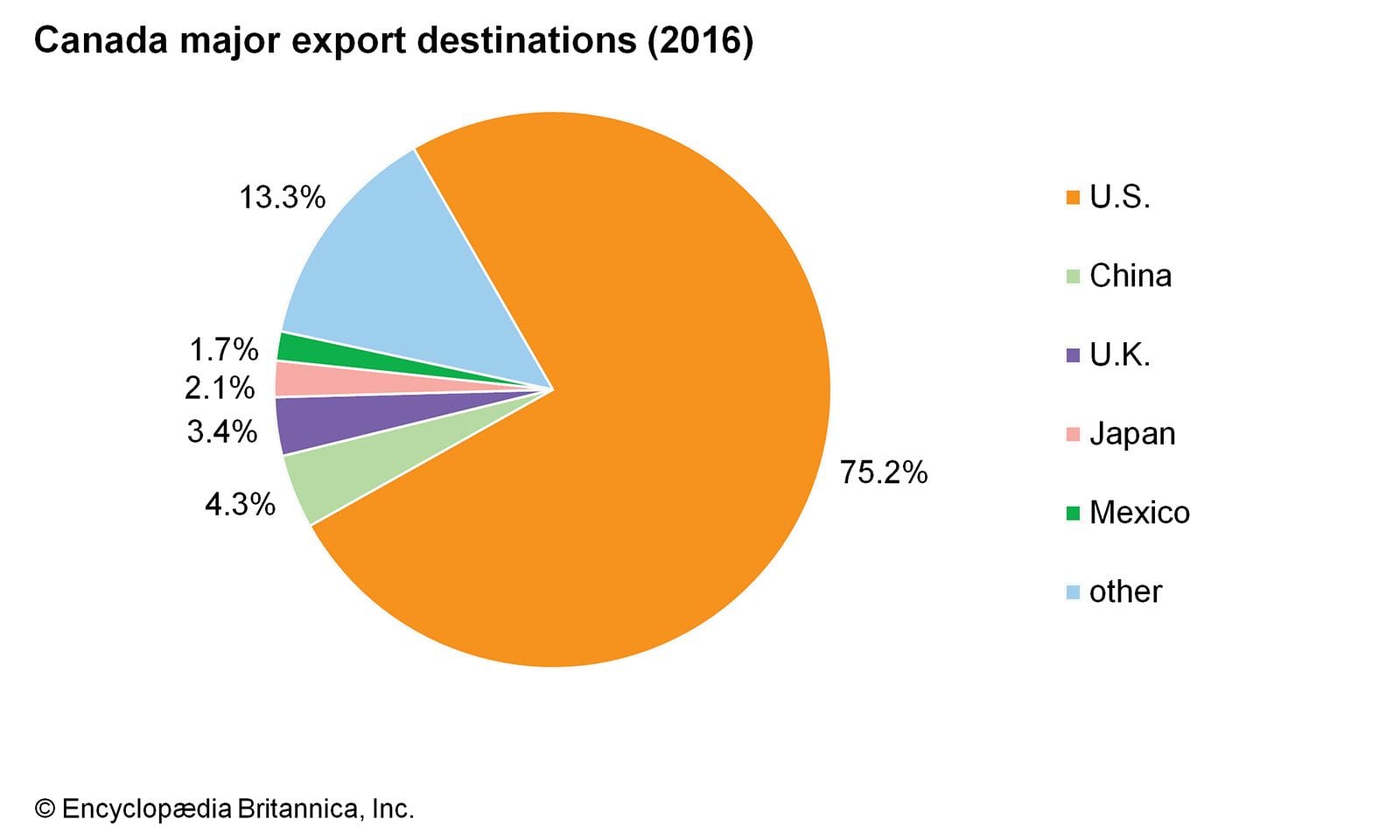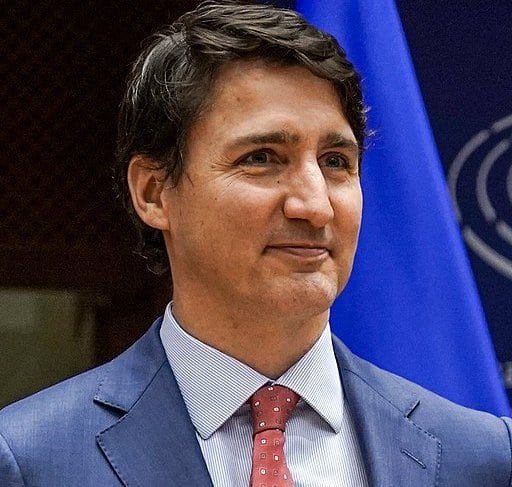As the conflict in Ukraine continues to evolve, Russia has faced a series of economic challenges and sanctions that have impacted its ability to fund military operations. Among the various revenue streams that Russia has relied upon during this period, one of the most peculiar has been the sale of military surplus and other unconventional goods. However, recent reports indicate that this income stream has begun to dwindle, leading to concerns about the country’s financial resilience in the face of ongoing hostilities.
Historically, the sale of military surplus has provided an unexpected influx of cash for the Russian government. This revenue source has included everything from outdated military equipment to uniforms and even surplus food supplies. The appeal of these items extends beyond domestic buyers; international markets have also shown interest, particularly in regions where military conflicts have created a demand for affordable equipment.
However, the geopolitical landscape has shifted dramatically since the onset of the conflict in Ukraine. Increased sanctions from Western nations have made it more difficult for Russia to engage in international trade, particularly in military goods. As a result, the once-thriving market for surplus military items has contracted significantly. Buyers in countries that previously engaged in trade with Russia are now hesitant to do so, fearing repercussions from international sanctions.
Moreover, the decline in this revenue stream has been exacerbated by the ongoing conflict itself. As the war continues, the Russian military has been forced to prioritize the usage of its own equipment and supplies, leaving less available for sale on the open market. This has not only diminished the quantity of surplus goods but has also raised questions about the quality and reliability of what remains. Potential buyers are increasingly wary of purchasing equipment that may not meet their operational needs.
The implications of this decline are significant for Russia’s military funding strategies. The loss of this unconventional income stream poses challenges for the government as it seeks to maintain its military capabilities. With fewer resources available, the Kremlin may be forced to make difficult decisions regarding military spending, potentially impacting troop morale and operational effectiveness.
In addition to the immediate financial implications, the decline of this income stream highlights broader economic vulnerabilities within Russia. The reliance on unconventional revenue sources has revealed a lack of diversification in the Russian economy, which has historically been heavily dependent on energy exports. As global energy prices fluctuate and demand shifts, the Russian government must confront the reality that its economic stability is at risk.
Furthermore, the loss of this income stream may have wider ramifications for Russia’s international relationships. Countries that have historically engaged in trade with Russia may reconsider their partnerships as the reliability of Russian goods comes into question. This could lead to a further isolation of Russia on the global stage, compounding the challenges posed by existing sanctions.
In light of these developments, analysts are closely monitoring the situation to assess how Russia will adapt its military funding strategies in the face of diminished revenue from unconventional sources. The government may need to explore alternative avenues for financing its military operations, potentially turning to increased taxation or seeking financial support from allied nations.
As the conflict continues, the economic landscape in Russia will undoubtedly evolve. The decline of this peculiar income stream serves as a reminder of the interconnectedness of military operations and economic stability. The Kremlin’s ability to navigate these challenges will be crucial in determining the future trajectory of its military ambitions and overall economic health.
In conclusion, the recent downturn in one of Russia’s most unconventional wartime income streams underscores the complexities of funding military operations in a rapidly changing geopolitical environment. As the country grapples with the implications of this decline, it faces significant challenges that could reshape its military strategy and economic landscape in the years to come.



